Polycystic ovary syndrome (PCOS) is a common condition that is thought to affect about one in ten women in the UK. It can cause problems with fertility, weight gain, excessive hair growth, thinning hair or hair loss, and oily skin. There is also some evidence that women with PCOS are more likely to develop type 2 diabetes and high cholesterol levels.
The exact cause of PCOS is unknown, but it is thought to be related to a hormonal imbalance and elevated levels of insulin in the body. The body can become resistant to the action of insulin, which is necessary for controlling blood sugar levels. In response, this triggers greater insulin production, which also increases the production of testosterone.
Testosterone is the hormone that is associated with adult male characteristics, such as hair on the face, chest, and back. Women have smaller levels of testosterone, but when levels are increased by PCOS, it can lead to unwanted hair growth in these areas. It can also cause excessively oily skin that may be prone to stubborn breakouts of acne.
PCOS has also been linked with worse mental health, which researchers believe may be caused by concerns about fertility and body image. Perceived obesity, acne, and excessive body hair are thought to increase the risk of anxiety, depression, and even suicide in women with a PCOS diagnosis.
Managing the symptoms of PCOS
There is no cure for PCOS, but the symptoms can be treated. It’s advisable to visit your GP if you are worried that you might be affected by the condition. Some women find that changing their diet to improve their gut microbiome can help to ease the symptoms.
Plant based diets that contain prebiotic foods such as green bananas, leeks, garlic, and onions may be beneficial. Probiotics such as live yoghurt and sauerkraut are also recommended by dietitians.
Unwanted body hair may be treated with medication, but not all women will respond well to this. There are effective hair removal options that provide lasting results, and can help to boost the confidence and self esteem of women who may be struggling with body image. These include laser hair removal and electrolysis.
Laser hair removal
Laser hair removal involves using concentrated beams of light to deliberately damage hair follicles, eventually causing them to produce finer hair, and then die.
Depending on the extent of the hair growth, it may take several repeat sessions for the best results. The treatment works best on people with fair skin and dark hair, and it is not suitable for people with grey or white hair.
Electrolysis
Electrolysis involves applying a very fine electric pulse to destroy the hair follicle. It is considered to be a more permanent hair removal solution than laser removal, and it is suitable for people with all skin and hair types.
For further information, please contact your local skin therapist, who will be happy to offer a consultation.
